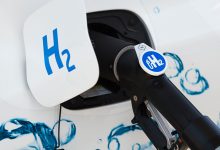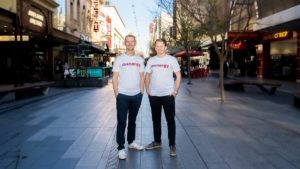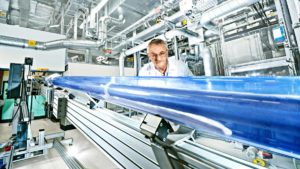More than a dozen hydrogen industry clusters are set to be created across Australia, with seed funding awarded to support growth and industry collaboration within the emerging green fuel industry.
National Energy Resources Australia (NERA) has awarded seed funding to 13 hydrogen clusters, spread across every Australian state and territory, to aid the creation of industry clusters that will foster cooperation, aid the development of supply chains and support the commercialisation of new technologies.
“Today’s announcement continues NERA’s active role in coordinating collaborative opportunities to realise Australia’s hydrogen potential across the hydrogen value chain and ensure that Australian companies are well placed to supply new technology, products and services to domestic and international markets,” NERA said in a statement.
Each of the clusters has received between $75,000 and $250,000, sharing in a total of $1.75 million in funding, that will aid the required skills and expertise needed to establish a thriving green hydrogen industry in Australia, and to identify the necessary supply chain investments.
Consortiums with established links were eligible to apply for the funding, and it is expected that funding will be used towards the establishment and growth of the cluster itself, including through the hiring of a dedicated cluster manager to foster collaboration between members.
NERA expects the clusters could underpin the emergence of a multi-billion dollar hydrogen industry, which has the potential to establish Australia as a leading exporter of zero emissions energy, by tapping into Australia’s ample resources of wind and solar energy.
“Today marks a great step forward in Australia’s capability in developing hydrogen technologies,” NERA CEO Miranda Taylor said. “These regional clusters, all of which have the support of their state and territory governments, have been established around key, existing hydrogen projects and technology supply chains in strategic locations that have a demonstrated capacity to support them.”
“This will ensure long-term local cohesion and sustainable capability across the emerging hydrogen value chain.”
Clusters are set to be hosted in the major cities of Brisbane, Canberra, Newcastle, and Darwin, as well as regional clusters in Karratha in WA and Clayton and Gippsland in Victoria.
Membership of the prospective clusters has been drawn from a wide range of industry stakeholders, including research institutions, energy companies, government departments, as well as representatives of the manufacturing and technology industries.
NERA will also look to establish a national cluster, which will work to establish a consistent international brand for Australia’s emerging hydrogen industry.
The Clean Energy Council welcomed the funding announcement, saying that the green hydrogen industry in Australia was at a critical point in its establishment.
“In these very early days of this new industry, co-ordination is key, and these clusters will bring players from industry and research together to take advantage of our emerging hydrogen opportunities,” the Clean Energy Council’s policy director for energy generation, Anna Freeman, said.
“Those interested in playing a role in the hydrogen supply chain will be able to join the regional clusters to identify the local needs and opportunities.”
NERA was created under the previous Turnbull government, and has been tasked with leveraging federal and state government funding to support private sector co-funding for industry development grants in the energy sector. NERA issued a call for expressions of interest from potential clusters in September last year with the creation of hydrogen industry clusters a core recommendation of the National Hydrogen Strategy adopted by the former COAG Energy Council.
Consultancy Deloitte has estimated that an Australian hydrogen industry could grow to become a $26 billion a year boost to the economy by 2050, employing almost 17,000 people.









